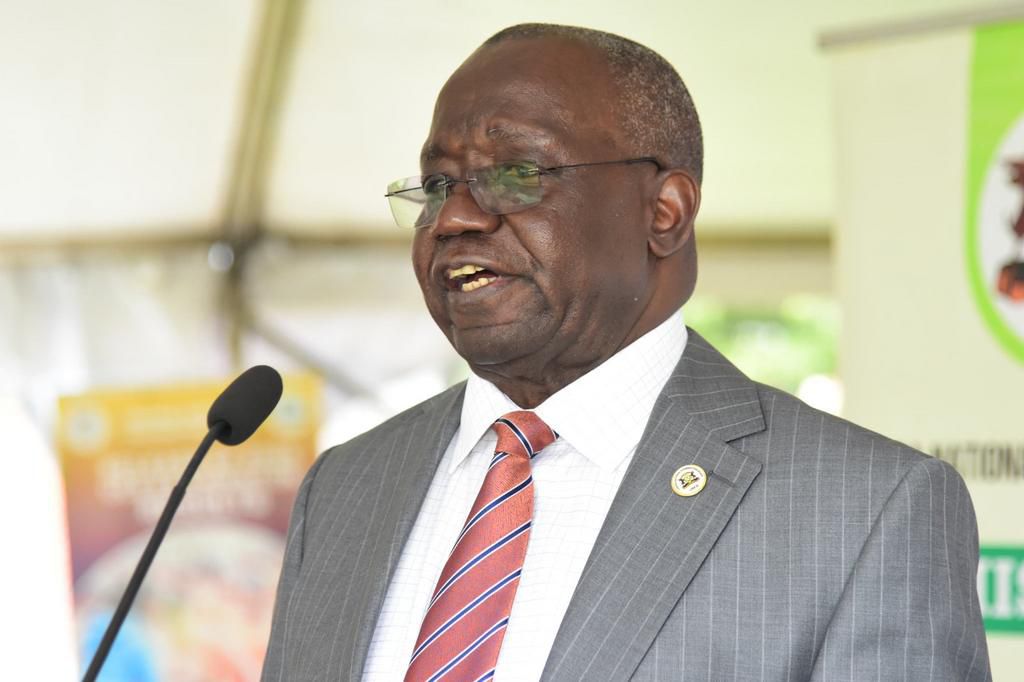Teachers strike: Uncertainty as UCE exams commence without supervisors
)
The Uganda National Examinations Board (UNEB) has made a desperate appeal to striking arts teachers, requesting their “indulgence to accept and join us for a few days” to supervise the Uganda Certificate of Education (UCE) examinations next week.
This urgent plea was made as a record 432,159 candidates across 4,308 examination centres prepared to sit their papers on Monday, October 13.
The strike has created an unprecedented logistical headache for the exams body which needs the teachers to supervise the exams.
The Board in a statement last night asked the teachers not to “tag the supervision of national examinations to the industrial action.”
“The Board takes note of the concerns of the teachers leading to the industrial action. The Board, however, requests that the teachers not tag the supervision of national examinations to the industrial action,” said Dan Odongo, the UNEB Executive Director.
“We ask for their indulgence to accept and join us for a few days of the conduct of the examinations, to enable us to effectively assess the achievement of the learners that they have taught over the years.”

UNATU Confirms Full Boycott of Supervision
The Board’s appeal for support was, however, rejected by the leadership of the Uganda National Teachers' Union (UNATU).
Earlier on Friday, Philbert Baguma, the UNATU General Secretary, confirmed the union's unwavering commitment to the boycott.
“None of our members will be there to supervise the UCE exams because our industrial action is still ongoing. We understand the concerns of UNEB and the parents out there, but it is important to understand that teachers are parents too. We also have our own children in school.”
The Lingering Shadow of Salary Parity
The industrial action stems from a long-running and divisive dispute over salary harmonisation between arts and science teachers.
In recent budgetary cycles, the government has implemented substantial pay rises for science educators, leaving arts teachers and those in primary education—who constitute the majority of the striking workforce—with stagnant wages.
UNATU maintains that this disparity is fundamentally discriminatory, a position they are refusing to compromise on, even in the face of the national exams.
Meanwhile, UNEB announced it is partnering with various security agencies and contracted professionals to uphold the integrity of the process.
The Board warned against malpractice, citing the stringent UNEB Act, which outlines severe penalties, including fines of up to two thousand currency points or ten years’ imprisonment for anyone caught facilitating or engaging in cheating.
)
)
)
)
)
)